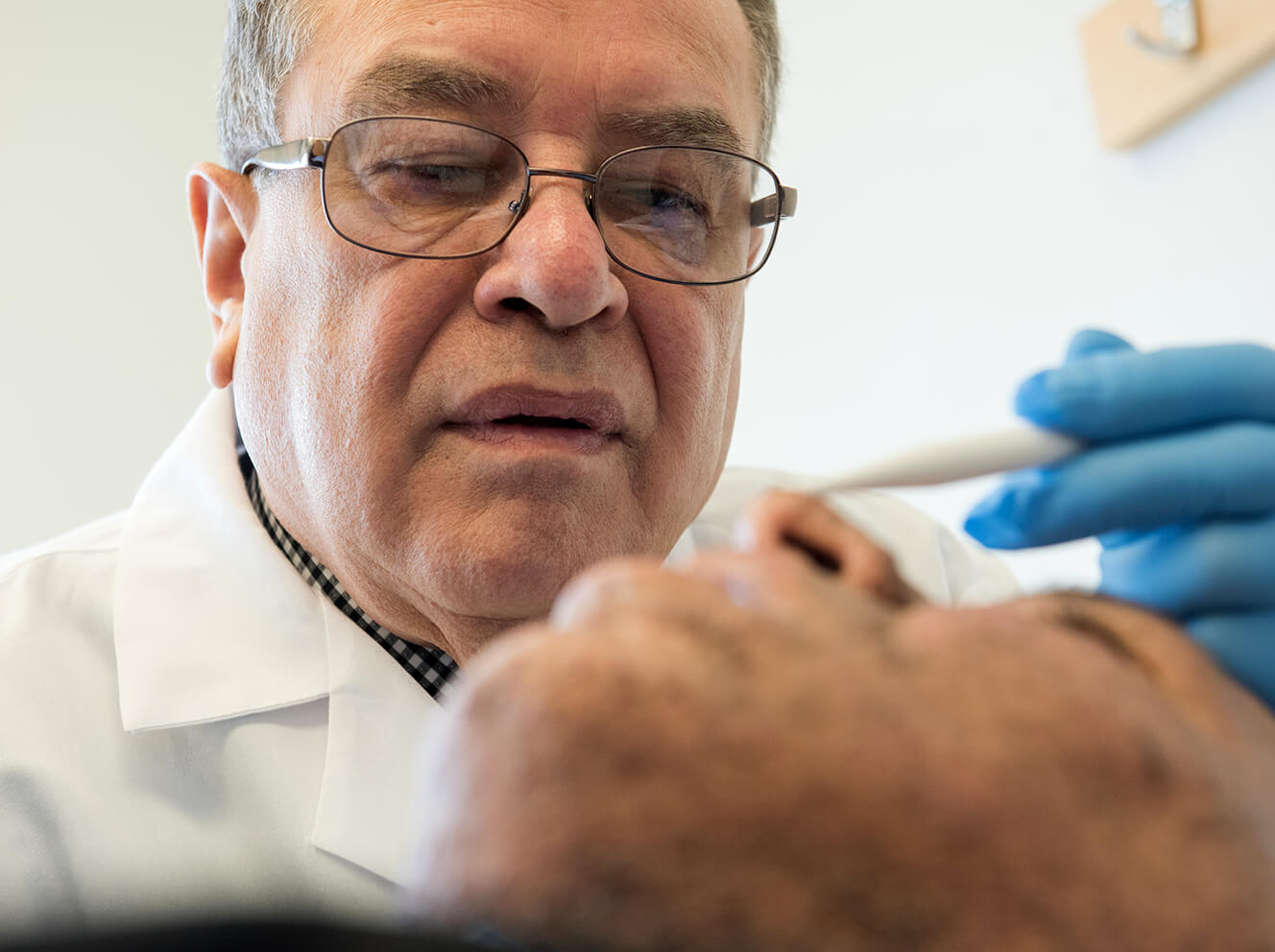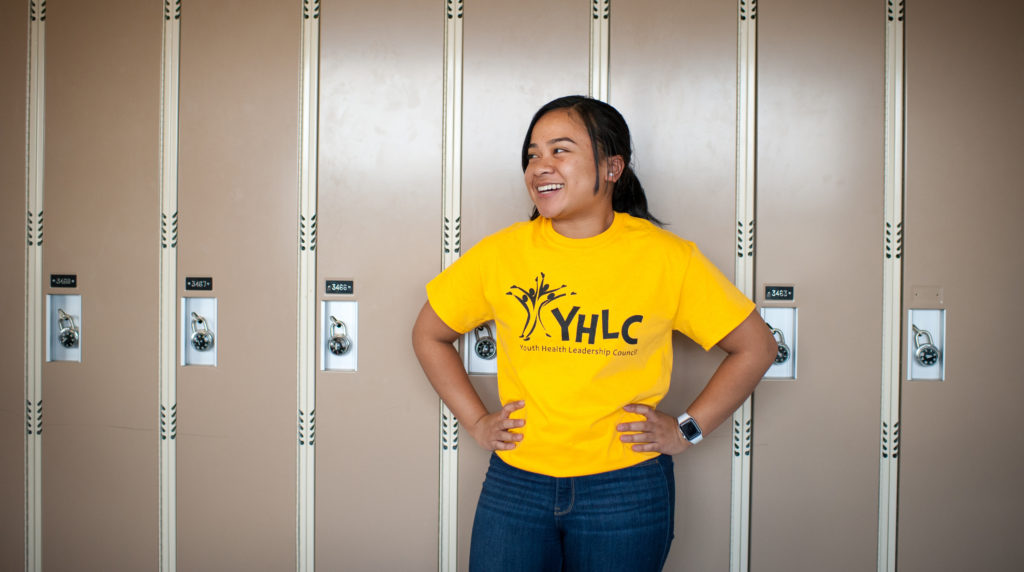Ernesto Gonzalez-Martinez, MD, has spent his medical career devoted to both dermatological care and social responsibility, especially for the homeless population in Boston and beyond. Massachusetts General Hospital recently established the Ernesto Gonzalez-Martinez, MD Endowed Advocacy Fund in Dermatology in his honor, and now Dr. Gonzalez-Martinez reflects on his inspiration, his career and his legacy.
What was your path to dermatology?
When I finished medical school, the U.S. Army drafted me to serve in Vietnam. There were no dermatologists in Vietnam. Because I was interested in dermatology, they asked me to become a pseudo dermatologist for the division. I saw a lot of patients who were exposed to all the humidity and fungal and bacterial diseases prevalent in Vietnam. When I came out of the Army and went home to Puerto Rico, I decided to pursue dermatology as my medical specialty.
What inspired your lifelong commitment to service, especially to the homeless population?
My mother was homeless before I was born. She lived in a cardboard shelter with her mother and two siblings. Those two siblings eventually died of tuberculosis in that environment. My mother married my father; he eventually developed tuberculosis and died when I was five years old. As a privileged person compared to my mother, I always try to keep my feet on the ground in terms of what I should do with my life as a physician and provider.
You’ve done a lot of work with the Boston Health Care for the Homeless Program. How did you get connected with the organization?
Jim O’Connell, the founder of the Boston Health Care for the Homeless Program, was a Mass General resident and spent time with me in dermatology. We became very good friends. In 1998, he asked me if I could come see what he had done with the program. I did, and I realized there was no specialty care, so I told him I’d be interested in working at the clinics once a month at no cost.
Some of the patients I had seen before at Mass General, but, because of their homeless status now and its associated stigma, they no longer wanted to come to Mass General to see me. So, I changed the course and started to come see them — for free. At the beginning, homeless patients were skeptical about a doctor coming from the hospital to treat them at no cost. I had to instill confidence in them. Currently, the dermatology service has been expanded significantly and is conducted without the dislocation of the patient to a tertiary facility, such as Mass General. It has also become a teaching community service to our Harvard Medical School residents and students during their rotations. This program has become a dermatology practice that’s recognized nationally.
What kinds of conditions do you see most in the homeless population?
It’s easy to recognize the problems homeless people have when you look at their skin. Infections are common due to the environment they live in. Skin cancers and frostbite are common, along with more typical issues like eczema and psoriasis. We see ulcerations in the lower legs because people are standing all the time. These can be very difficult to treat because patients have no place to sit down, clean up or sleep.
This new endowed advocacy fund at Mass General will further your commitment to the homeless population and to social justice issues. What was the genesis of this initiative, and what do you hope this fund achieves?
I’m moving on from being just a provider of dermatological care, which I love to do. But I had a kidney transplant, so my providers want me to stay away from possibilities of infection. I’m also 84 years old. I’ve decided I’ll become more of the thinker for the whole group and develop advocacy and an action plan.
I want to identify an ambassador who can travel the U.S. and elevate this discourse to the national level — someone who can connect programs and best practices for homeless people into one national movement to eradicate homelessness.
I’m also trying to dispel a myth that homeless people are all drunks and addicts who don’t care; that they’re a nuisance. Empathy has to be active. If we can change the perception that all of them are derelicts, we can also assume collective responsibility. Then, I think we can change the tune and create a willingness to help.
To support the Ernesto Gonzalez-Martinez, MD Endowed Advocacy Fund in Dermatology, or to learn more, please contact us.


